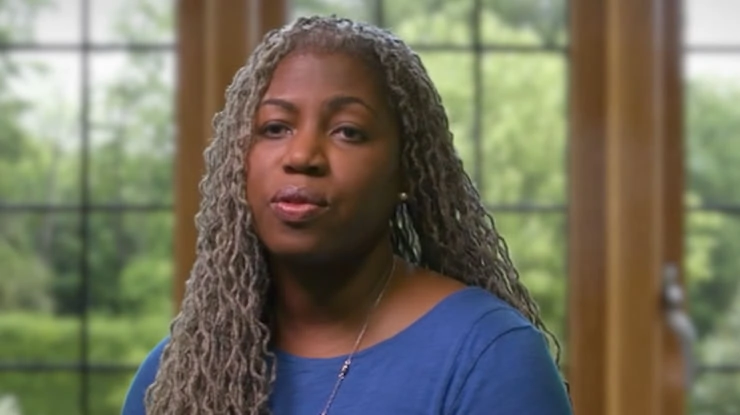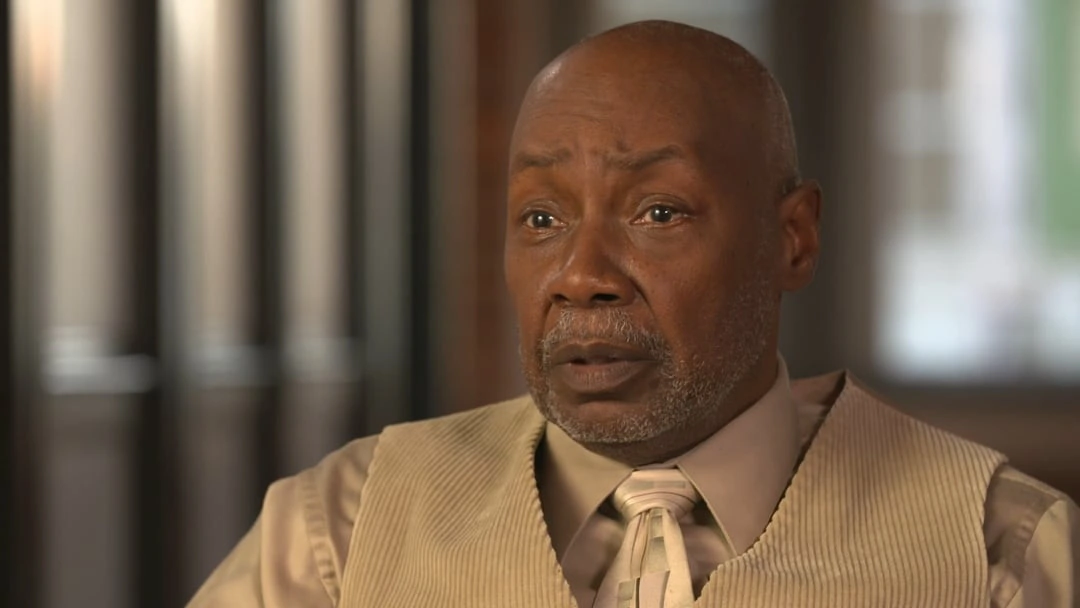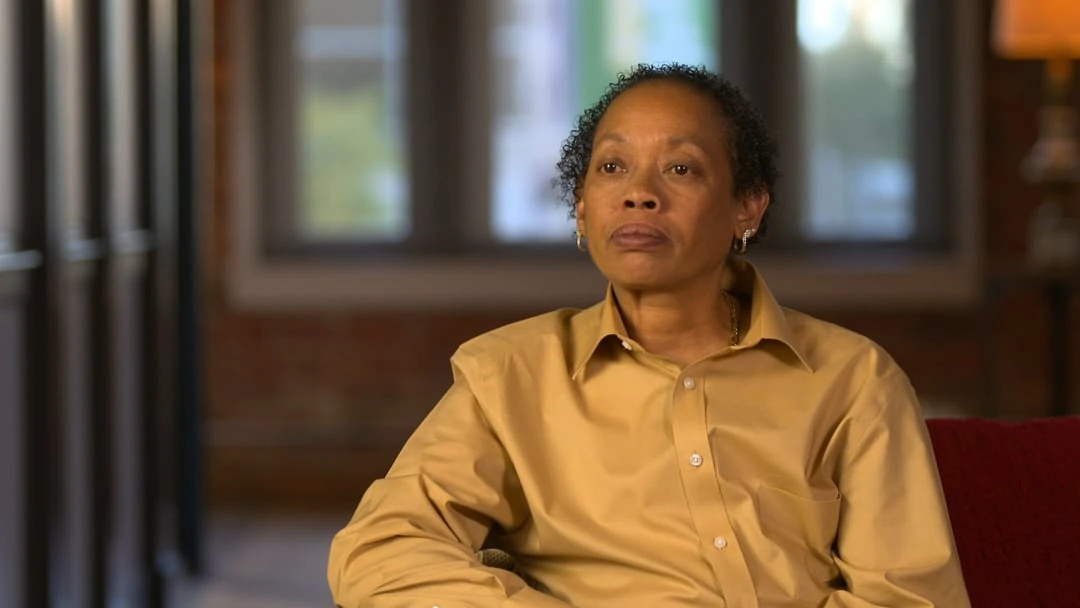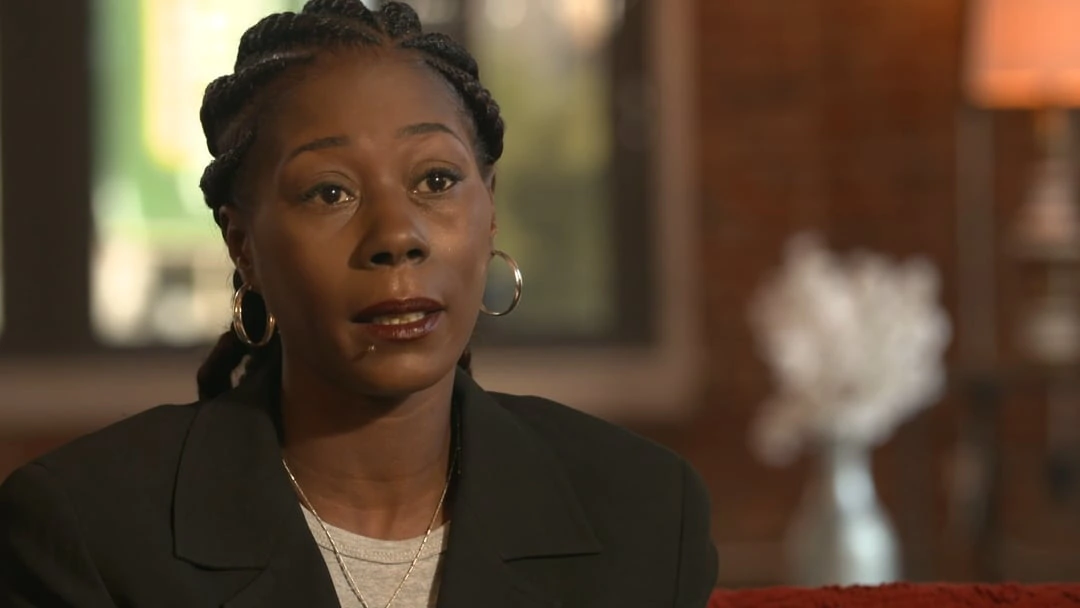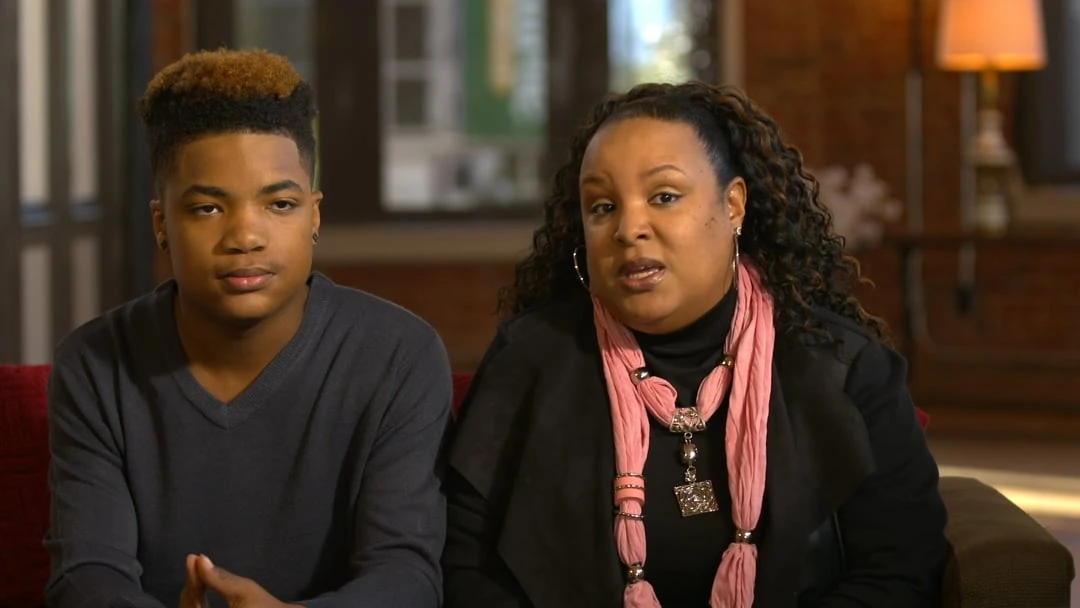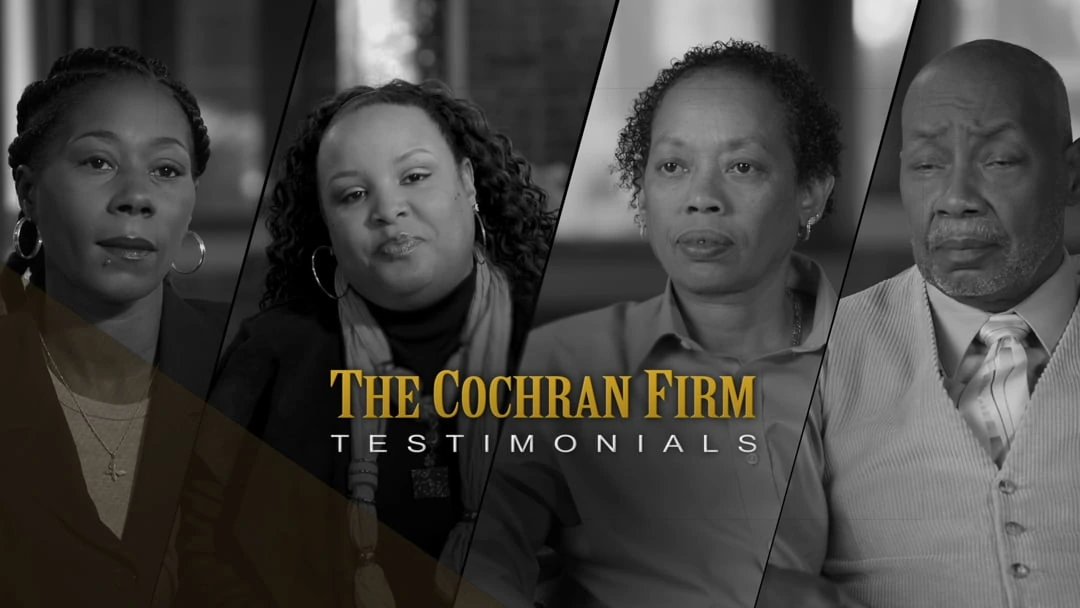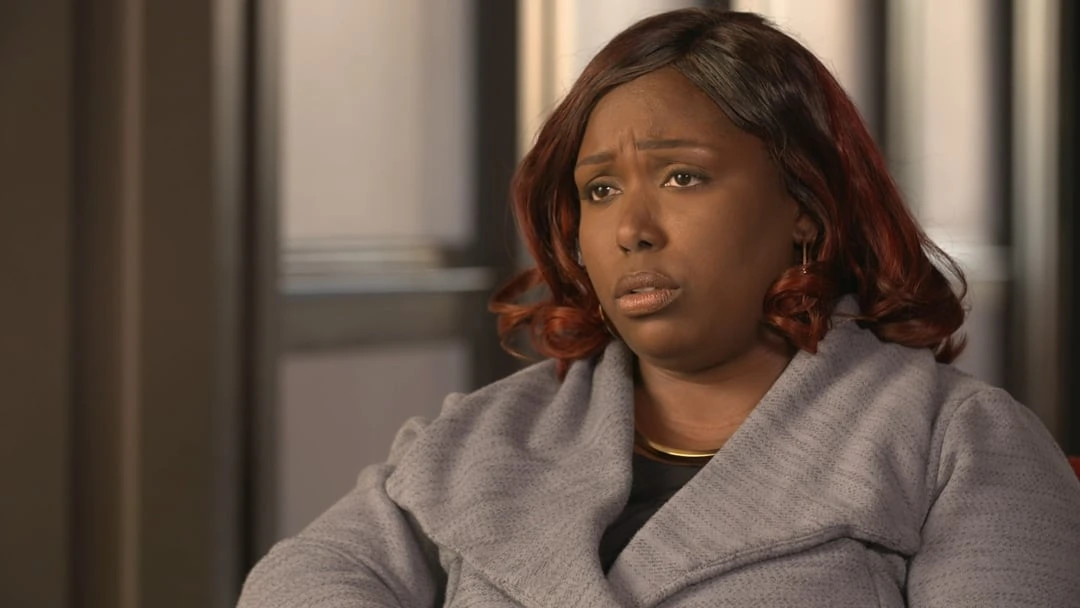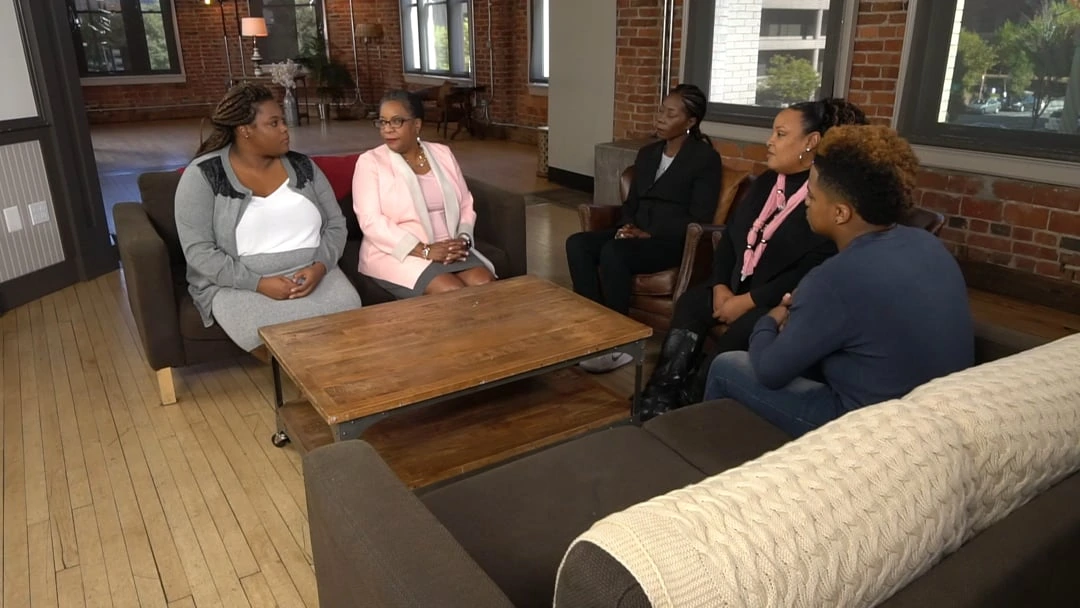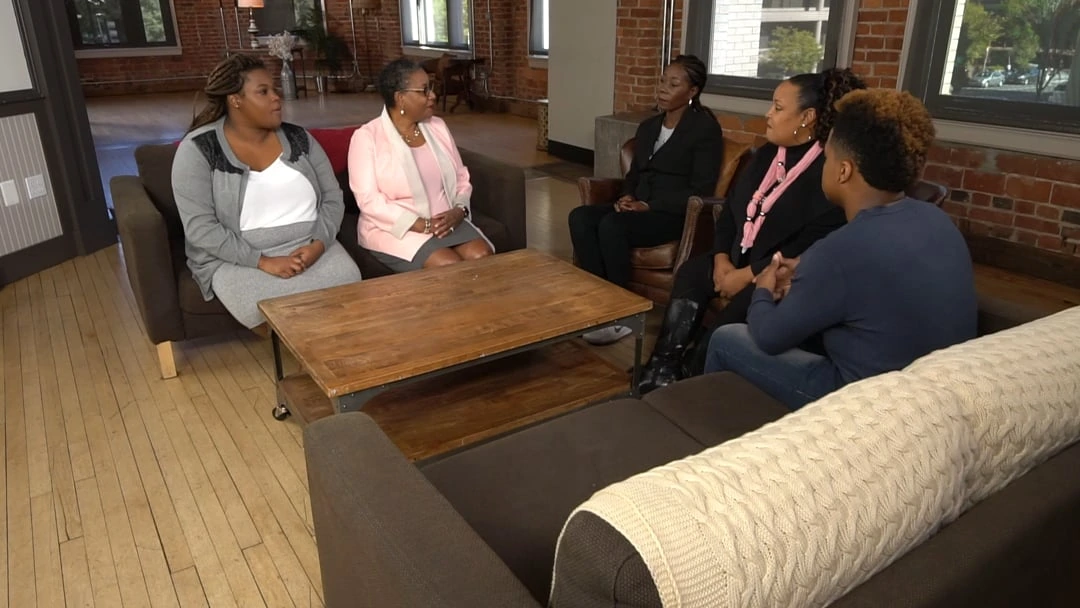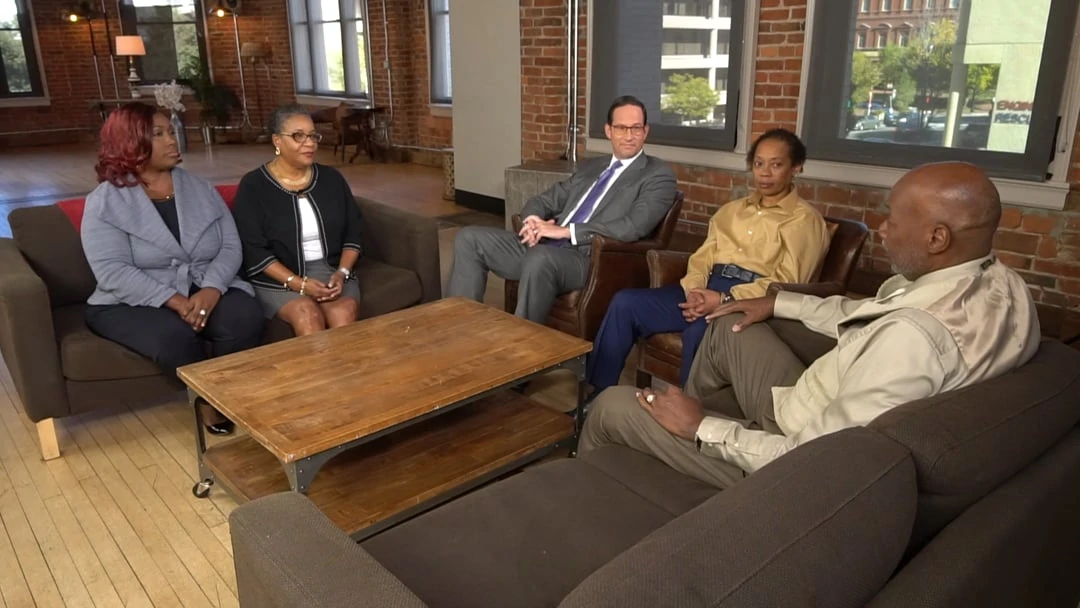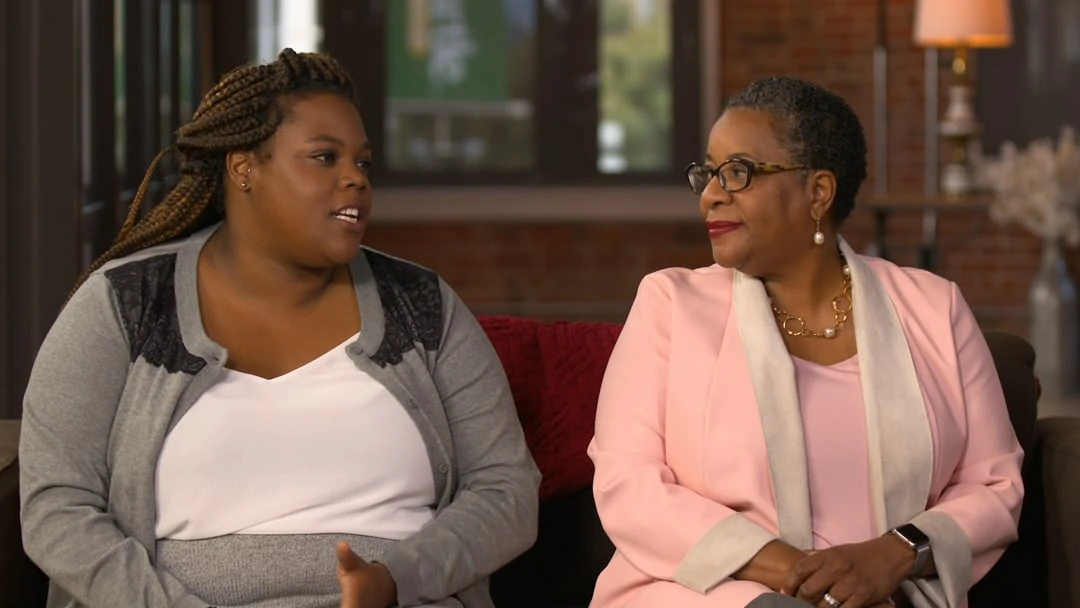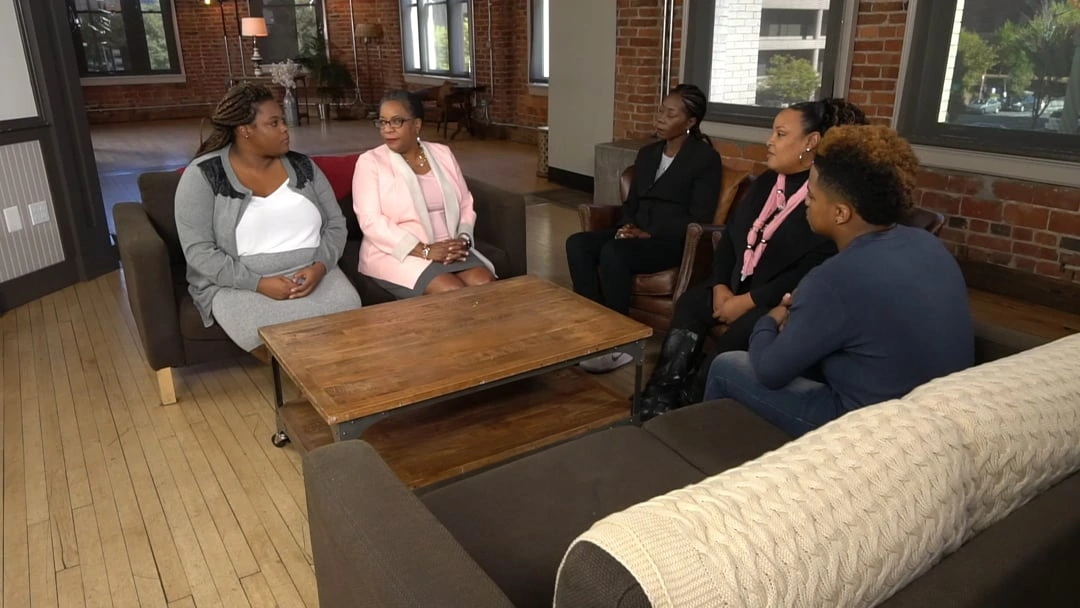Washington, D.C.’s Unjust Imprisonment Act of 1980 (D.C. Code §§ 2–421 et seq.) provides victims of false imprisonment the legal right to file a claim for damages against the city’s government. Claims are heard by a judge, who subsequently determines the amount of damages awarded if a ruling is made in the plaintiff’s favor.
Plaintiffs filing a false imprisonment claim against the D.C. government must establish they have been exonerated of the crime they were imprisoned for.
Plaintiffs may do this by proving:
Person’s who entered a plea of guilt are barred from seeking civil damages under the Unjust Imprisonment Act, unless the guilty plea was entered pursuant to North Carolina v. Alford, 400 U.S. 25 (1970). Claims must be filed within six months of an individual’s exoneration. The Act only applies to wrongful imprisonment victims whose release from imprisonment occurred on or after June 1, 1979.
D.C. Code § 12-309 requires that victims of unjust imprisonment file notice to the D.C. Mayor within six months after being exonerated in order to bring a claim under the Unjust Imprisonment Act:
An action may not be maintained against the District of Columbia for unliquidated damages to person or property unless, within six months after the injury or damage was sustained, the claimant, his agent, or attorney has given notice in writing to the Mayor of the District of Columbia of the approximate time, place, cause, and circumstances of the injury or damage. A report in writing by the Metropolitan Police Department, in regular course of duty, is a sufficient notice under this section.
D.C. Courts will strictly apply the six month deadline and victims are unlikely to receive lenience if they miss the filing deadline. Prior D.C. court decisions have held that compliance with the six month deadline is “mandatory.” See Hardy v. District of Columbia, 616 A.2d 338, 340 (D.C. 1992). Accordingly, victims who are contemplating filing an Unjust Imprisonment Act claim are encouraged to hire an attorney knowledgeable of D.C. rules and regulations shortly after being exonerated in order to preserve their rights.
There are numerous other legal issues that may arise when litigating a claim brought under Washington, D.C.’s Unjust Imprisonment Act of 1980. In Odom’s case (see below), the District of Columbia attempted to claim he missed the filing deadline and tried to prevent an award of damages for his pain and suffering and HIV infection received during his incarceration. City governments may be reluctant to award damages to a victim in even the most severe cases. Filing a claim and winning the greatest award possible may require retaining a law firm with aggressive attorneys that have experience securing large verdicts and settlements on behalf of their clients.
In February 2015, after spending 22 years in prison for a rape he did not commit, Kirk Odom was awarded $9.2 million by a D.C. Superior Court Judge under D.C.’s Unjust Imprisonment Act (note: The Cochran Firm, D.C. did not represent Mr. Odom in this matter). Odom’s conviction was overturned in 2012 when key forensic evidence presented at his trial was re-tested for DNA analysis, proving he did not commit the rape.
Odom was convicted in 1982 for the brutal rape and assault of a Capitol Hill woman inside her apartment. He was released from prison in 2003 and placed on parole and a sex offender registry. The judge presiding over the case found Odom’s time served on parole and the sex offenders registry inflicted even more emotional distress and took this into account when awarding damages.
The Cochran Firm, D.C. believes strongly in the right to due process and a fair trial. If you were imprisoned and subsequently had your conviction overturned or reversed, you may be entitled to substantial compensation. The Cochran Firm, D.C. represents victims of false imprisonment and can help you file a suit under Washington, D.C.’s Unjust Imprisonment Act.
While there currently no standard calculation for determining damages, judges will take into account such factors as time served, how old the plaintiff was when he or she entered prison, lost wages, and other damages. The Cochran Firm, D.C. offers free, prompt, and confidential case evaluations. There is no fee unless you win your case.
Because false imprisonment claims under the Unjust Imprisonment Act must be filed within six months of exoneration, please contact us at your earliest convenience. Call us during regular business hours at 202-682-5800 or 1-800-THE-FIRM (843-3476) 24 hours a day, or fill out a contact form online.
